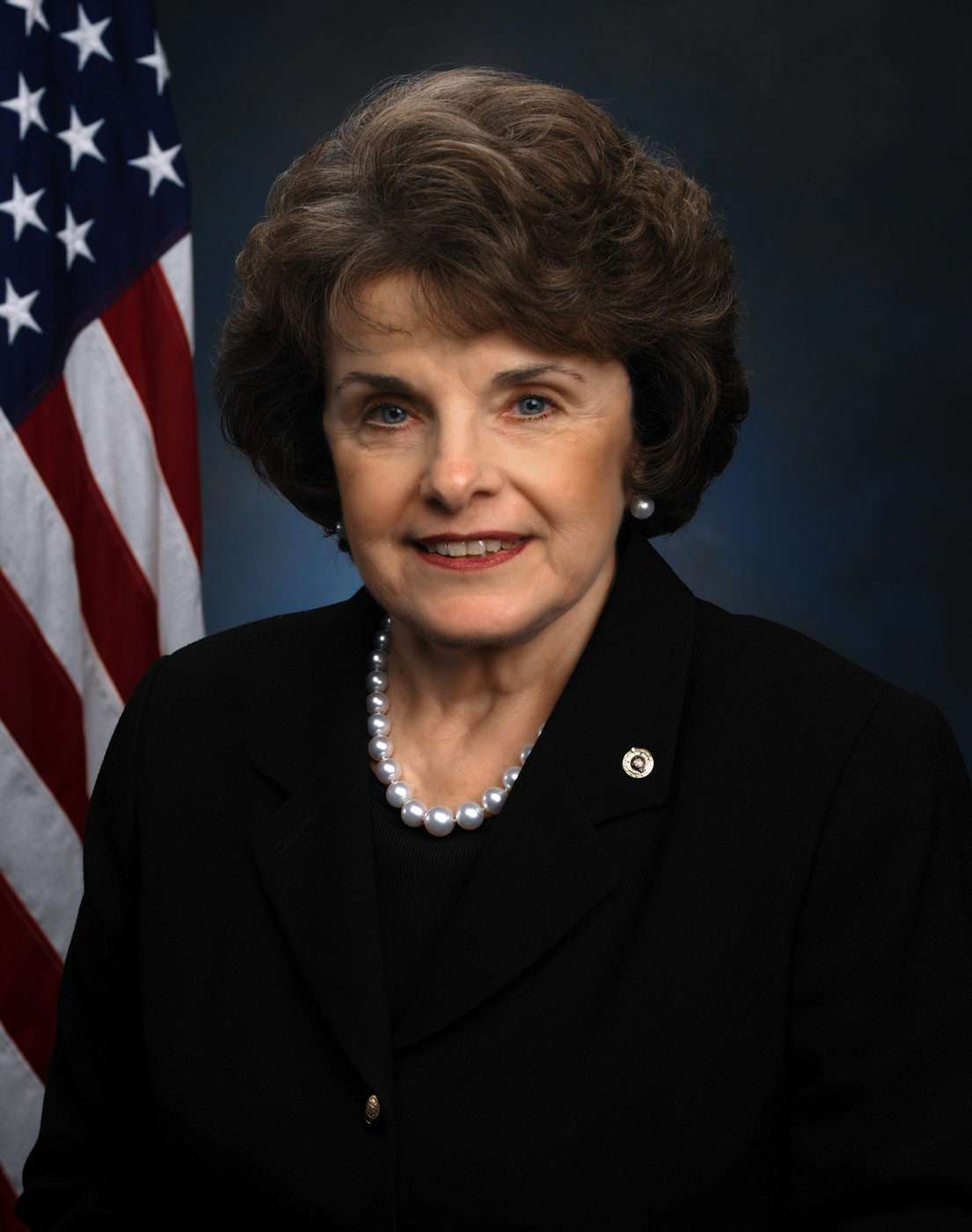NSA Has Deliberately Violated Privacy Rules, Showing That Sen. Feinstein is Still Full of Crap


Was it just a week ago that Sen. Dianne Feinstein (D-CA) told us that any National Security Agency surveillance of our phone and internet communication in violation of privacy rules was purely accidental, so never mind? Why yes, yes it was. Now comes the NSA itself admitting that some of those transgressions were, in fact, intentional.
On August 16, Sen. Feinstein, who is Chair of the Senate Intelligence Committee, said in a statement:
As I have said previously, the committee has never identified an instance in which the NSA has intentionally abused its authority to conduct surveillance for inappropriate purposes.
Her House counterpart, Rep. Mike Rogers (R-MI), told the Washington Post:
Human and technical errors, like all of the errors reported in this story, are unfortunately inevitable in any organization and especially in a highly technical and complicated system like NSA.
Now comes word that snooping in violation of even the flimsy rules established by the federal government was less error-y and more intentional, and that word comes from the horse's mouth. Reports Chris Strohm for Bloomberg:
Some National Security Agency analysts deliberately ignored restrictions on their authority to spy on Americans multiple times in the past decade, contradicting Obama administration officials' and lawmakers' statements that no willful violations occurred.
"Over the past decade, very rare instances of willful violations of NSA's authorities have been found," the NSA said in a statement to Bloomberg News. "NSA takes very seriously allegations of misconduct, and cooperates fully with any investigations -- responding as appropriate. NSA has zero tolerance for willful violations of the agency's authorities."
The incidents, chronicled in a new report by the NSA's inspector general, provide more evidence that U.S. agencies sometimes have violated legal and administrative restrictions on domestic spying, and may add to the pressure to bolster laws that govern intelligence activities.
Whoops.


Show Comments (151)